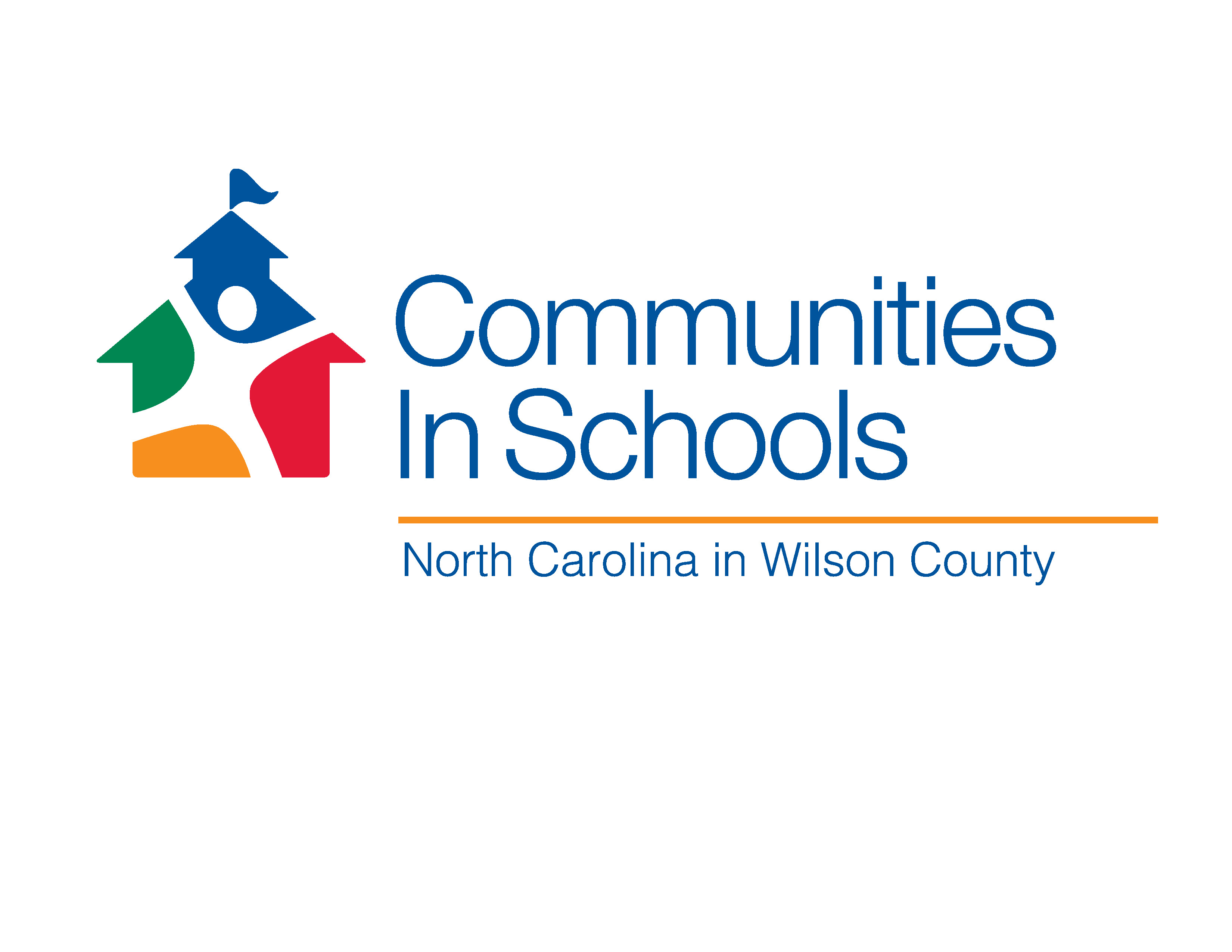Student Support Program
The Student Support Program is designed to address the risk and protective factors that influence a child’s academic success and the decision to remain in school. When a school partners with CIS, it gains a liaison that focuses on bringing resources into the school to support the basic and behavioral needs that help allow children to learn and teachers to teach. Working with each school’s administration, CIS develops annual site plans that prioritize the support needs of the population. This support comes through the coordinated integration of community resources, as well as direct service provision provided by full-time CIS Student Support Specialists at each school. CIS Specialists have, at minimum, a Bachelor’s Degree and are provided ongoing professional development on how to educate and counsel students in life skills, anger management, healthy choices and goal setting. Those identified to be at the highest risk for not completing high school are case-managed by CIS Specialists and offered a wealth of scientifically proven protective services to counter the negative challenges they may face, including:
• Basic Needs Support
• Tutoring
• Mentoring
• Experiential Field Trips
• Service-Learning Opportunities
• Life Skills
• Healthy Lifestyles
• Parental Support
CIS recognizes that if basic needs are not met, children are not able to learn. The CIS Student Support Specialist works with the school administration to identify students who are lacking basic needs such as food, clothing and shelter; and utilizes community resources to assist with meeting these needs. The main objectives of the program are to: 1) Increase academics 2) Maintain adequate school attendance, and 3) Improve school behavior.
The level of services provided children is characterized based on the needs they exhibit:
Tier 1 – These widely available services and resources are designed to foster a positive school climate and address school-level risk factors. They are short-term or long-term interventions that are provided or brokered on an as-needed or as-available basis. Students need not be enrolled in a specific CIS initiative to benefit from such resources and services; they are open to all members of the school population at large. Some examples of Tier 1 resources or services include motivational speaker for schoolwide assembly, college fairs, and schoolwide anti-bullying programs.
Tier 2 – These targeted services and resources are typically provided in a group setting to students with a common need. Some examples of Tier 2 resources or services include tutoring, mentoring, and attendence improvement programs.
Tier 3 – Students who receive Tier 3 services are case-managed by CIS Student Support Specialists and receive more than one CIS service or resource weekly. School administrators and the CIS Support Specialist work together to identify students with risk factors that can lead to dropping out of school. Then these Tier 3 students are tracked for progress in the areas of promotion, graduation, grades, school attendance and behavior. A needs assessment is completed with the parent/guardian of each Tier 3 student, and a case plan is developed with the student. CIS staff members also provide direct services including mentoring; life skills lessons; and case management including assessment, goal setting, crisis intervention, information/referral, home visits, and tracking of progress. These services are brought into the school, where they can have a daily and direct impact on the students.



